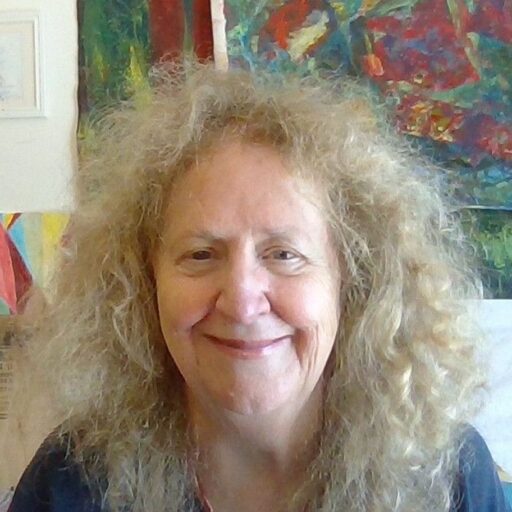This is a blog post I made after class, which started out as an email to a student who had to be absent. Like most successful students, she views the purpose of class as imparting information and asked me what information she had missed. Part of my role as an instructor is to pry students’ fingers off this notion. Of course there is information that happens. We have just started reading Writing the New Ethnography by H.L. Goodall.
As for what we did in class tonight in terms of information, hmm, well, I talked about the "crisis of representation" and modern social science. I talked a little about positivism, positivistic science, the death of positivistic science with the development of quantum mechanics and Einsteinian relativity, and how this coincided with the collapse of "civilized" Europe in WWI, the ensuing worldwide depression, the Russian Revolution, WWII and then the atom bomb. The foundational assumptions of the European intellectual tradition were challenged by both science and historical catastrophe. This led to people in the social sciences questioning the enterprise of scientifically describing the experiences of others, and to the question of how it is possible to represent the experience of others. What gives anyone the right to make pronouncements about others? And besides that, how can anyone claim that any amount of data collection can give a complete picture of an experience? And furthermore, how can words in a journal article or a book accurately convey the reality of the people it describes? This is the "crisis of representation." How do we represent the world? It is not possible. We just do the best we can, acknowledging the limitations.
I would add, which I did not in class, that the research rings truest when the limitations are discussed as specifically as possible. There are always of course unknown limitations, but the researcher does the best she can with identifying them, beginning with her own biases. Another way researchers make clear what limitations might exist is by being very forthright about how the data was collected, what she was doing during the data collection, how she reacted emotionally and intellectually to the data. When observing, recording these reactions is crucial.
A researcher is her or himself the ultimate instrument of data collection. It is through his brain and the connections he makes in his mind that the data acquires meaning. The self of the researcher interacts with the selves in the research setting. Therefore it is important to acknowledge the role of the self in doing research, and to be open and self-reflective about it. This is discussed a little in Goodall Ch. 1. He’s going to talk more about it in further chapters. We talked about good writing being transformative.
In discussing students’ responses to the Goodall book, we got off onto the topic of nothing ever being good enough in academia, it is always open to critique. There is a sense that we should have done more. While this is true of society to some extent, it is a major practice in academia. Critique is the lifeblood of the academy.
We spent most of the class time reviewing each other’s research questions through a gallery walk and comments made on sticky notes. I don’t know that this is something we could tell you about. You had to be there. I deliberately design in-person class using a Vygotskian scaffolding model, as discussed in the Walqui and vanLier chapters I sent you. This means me and other students responding to each other in ways which allow for "authoring" of knowledge rather than its consumption. ("Authoring" is a term from literary criticism, originated by Mikhail Bakhtin.) My goal is that a ZPD arises spontaneously based on my intuition about what might be a productive direction for generating new knowledge. I know I miss things, and let drop threads of conversation which might be valuable, but on the whole I’m satisfied that this provides an environment for deep learning.
So we considered research questions at length, and worked together to think about how to help each other with our questions.
